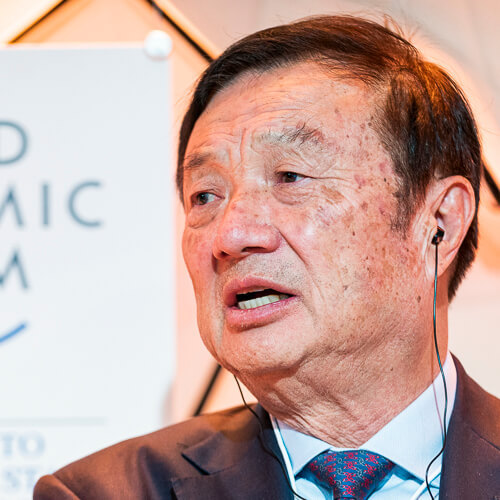Biden finalizes Trump's ban against Huawei and ZTE
The Secure Equipment Act of 2021, signed into law by President Biden, prevents China's Huawei and ZTE from receiving federal approvals to sell their equipment in the US market.

President Biden this week signed into law the Secure Equipment Act of 2021. The legislation prevents China's Huawei and ZTE from receiving federal approvals to sell their equipment in the US market.
The development essentially finalizes a years-long, US-led campaign against some of the biggest 5G network equipment makers in the world over fears that their products can be used to open a door for Chinese espionage.
Worries among US lawmakers over the threat posed by Chinese equipment can be traced back to a US government report in 2012. That report indicated equipment from China's Huawei and ZTE could be used for Chinese espionage.
However, the topic gained significant momentum during the Trump administration, partly due to a growing trade war between the US and China. Specifically, the Trump administration imposed a number of prohibitions against both ZTE and Huawei. For example, Trump's Commerce Department forbade US business with ZTE and Huawei, and Trump inked legislation preventing US government agencies from using equipment from the vendors.
US officials urged regulators in other countries to take similar steps. Meanwhile, the FCC under Trump voted to prevent US telecom network operators that are receiving US government subsidies from using Chinese equipment, and then also implemented a program designed to finance the removal of Chinese equipment already deployed in US networks.
Figure 1: 
Huawei's Chairman Ren Zhengfei would still take Biden's call. Photo courtesy of the World Economic Forum on Flickr via CC2.0.
After Trump lost his re-election bid to President Biden earlier this year, some wondered whether Biden would take a different approach to China and its vendors. "I would welcome [a call from Biden]" Huawei Founder and CEO Ren Zhengfei said in February of the new US president. "I would talk with him about common development. Both the US and China need to develop their economies, as this is good for our society and financial balance."
And Biden's administration has indeed taken some steps to reduce tensions between the two companies in the area of telecom equipment. For example, Huawei's CFO Meng Wanzhou returned to China recently after being held in Canada for roughly two years.
But Biden doesn't appear willing to ease up on ZTE and Huawei from an equipment standpoint. That's not necessarily a surprise though, considering the Secure Equipment Act of 2021 that he signed into law this week was unanimously passed by the US Senate. The US House approved the legislation on a 420-4 vote.
According to Reuters, the developments come just days before Biden and Chinese leader Xi Jinping – who appears well on his way to tightening his grip on power in China – are expected to hold a virtual summit. They could cover a wide variety of topics during the meeting, including trade.
Related posts:
— Mike Dano, Editorial Director, 5G & Mobile Strategies, Light Reading | @mikeddano
About the Author(s)
You May Also Like




.jpg?width=300&auto=webp&quality=80&disable=upscale)







